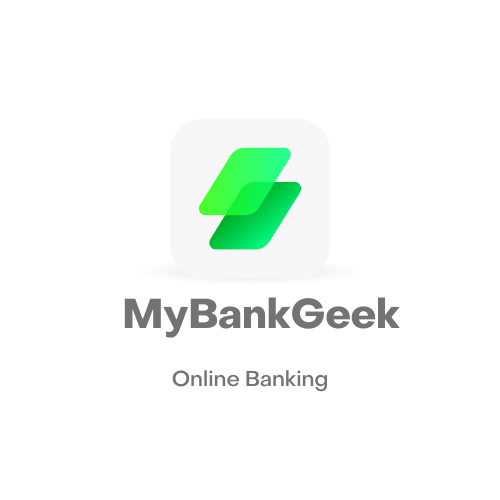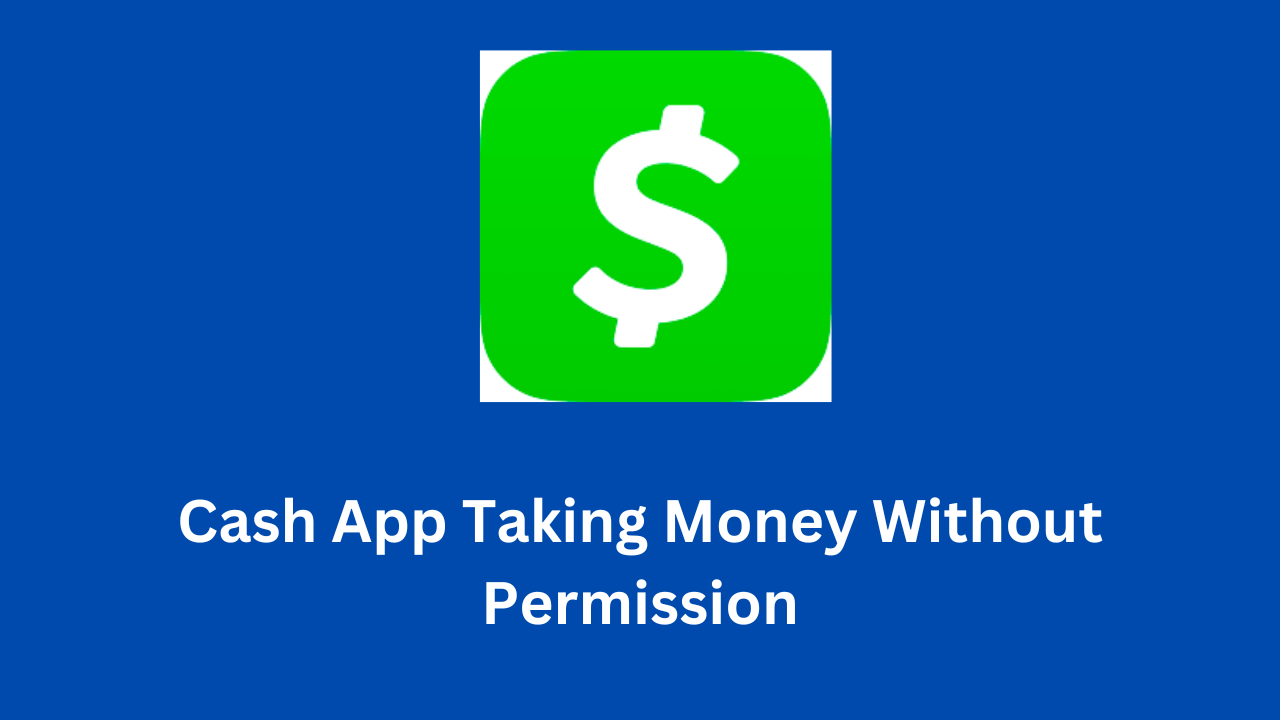Can Cash App take money from my account without my permission? This is one of the most frequently asked questions by users. Yes, Cash App can take money from your account, but they usually provide a notification to let you know about the fees attached to each transaction.
While this may seem unauthorized, Cash App usually does this for certain reasons, which we will discuss in this article. However, it may be annoying when you notice certain deductions in your balance, but once you find out why, you won’t have to worry much. So without wasting much of your time, let’s get started with the main focus for today.
Can Someone Take Money From Your Cash App Without Permission?
Yes, someone can take money from your Cash App without permission if they have your login information. This could include your username, password, PIN, or two-factor authentication code. If someone has this information, they can log into your account and send themselves money.
There are also a few scams that can allow someone to take money from your Cash App without permission. For example, a scammer might send you a link that looks like it’s from Cash App, but it’s actually a fake website that steals your login information. Once they have your login information, they can log into your account and send themselves money.
Why Is Cash App Taking Money Without Permission?
There are several reasons why Cash App takes your money without your permission, and they are as follows:
- Fraudulent activity.
If Cash App suspects that your account has been used for fraudulent activity, they may take money from your account to protect you and other users. For example, if someone sends you money and then asks you to send it back, Cash App may take the money back from you if they suspect that it was a scam.
- Unauthorized payments.
If you make a payment to someone and they don’t receive it, Cash App may take the money back from your account. This can happen if the recipient’s account is closed or if they have a declined payment.
- Fees.
Cash App charges fees for certain transactions, such as sending money to a bank account. If you don’t have enough money in your account to cover the fees, Cash App may take money from your account to cover them.
- Account error:
If you have a negative balance in your Cash App account, Cash App may take money from your linked bank account to cover the balance. This can happen if you make a payment that exceeds your available balance, or if you have a pending charge that is declined.
- Disputed transactions.
If you dispute a transaction on Cash App, Cash App may take money from your account to hold as a temporary escrow until the dispute is resolved. This is to ensure that the money is available to the recipient if the dispute is decided in their favor.
- Technical errors.
In rare cases, technical errors may cause Cash App to take money from your account without your permission. If this happens, you should contact Cash App support to get your money back.
How to Prevent Unauthorized Payments on Cash App
Unauthorized payments are payments that are made without your permission or consent. Unauthorized payments may occur if you are not careful about using your Cash App. To prevent unauthorized payments on Cash App, follow these essential security measures:
1. Enable Two-Factor Authentication (2FA)
To secure your Cash App, turn on two-factor authentication in your Cash App settings. This adds an extra layer of security by requiring a unique verification code, usually sent via SMS or email; add your password when logging in or making transactions.
2. Secure Your Login Information
You should create a strong and unique password for your Cash App account. Avoid using easily guessable information, and consider using a password manager to keep track of your credentials securely.
3. Keep Your Device Secure
Ensure your smartphone or device is protected with a lock screen passcode, fingerprint, or facial recognition. This helps prevent unauthorized access to your Cash App account if your device is lost or stolen.
4. Beware of Phishing Attempts
Be cautious of phishing scams that might trick you into revealing your login credentials. Cash App or any other legitimate service will never ask for your password or sensitive information via email, phone, or text. If you receive suspicious messages, contact Cash App support to verify their authenticity.
5. Use Account Notifications
Enable account notifications to receive alerts about transactions, balance changes, and other account activities. This way, you’ll be immediately notified of any unusual or unauthorized activity.
6. Link a Bank Account or Debit Card
Instead of linking a credit card to your Cash App account, consider using a bank account or a debit card. In unauthorized transactions, the liability might be lower with a debit card than with a credit card.
7. Avoid Public Wi-Fi for Sensitive Transactions
Refrain from using public Wi-Fi networks for logging into your Cash App account or making transactions. Public Wi-Fi is generally less secure and can expose your data to potential hackers.
8. Only Send Money to People You Trust
This may seem like a no-brainer, but it’s important to only send money to people you know and trust. If you’re not sure about someone, it’s better to err on the side of caution and not send them any money.
9. Don’t Share Your Login Information.
Your Cash App login information should be kept private. Never share it with anyone, not even your friends or family.
10. Check Your Account Balance Regularly
It’s a good idea to check your Cash App account balance regularly. This will help you spot any unauthorized transactions early on.
What You Should Do If You Get Scammed on Cash App
If you find yourself in the unfortunate situation of being scammed on Cash App, you must take certain steps immediately to protect your account, report the incidents and avoid scams in the future. Here is what you should do if you eventually get scammed on Cash App:
- Dispute the transaction with Cash App. This is the first step you should take, as Cash App may be able to reverse the transaction if it was fraudulent. To dispute a transaction, go to your Cash App activity feed, find the fraudulent transaction, and tap the three dots in the upper-right corner. Then, select “Dispute this transaction.”
- Contact your bank or credit card company. If you used a bank account or credit card to make the payment, you can also contact your bank or credit card company to dispute the transaction. They may be able to issue you a chargeback, which will reverse the charge on your account.
- Report the scam to Cash App. You can also report the scam to Cash App so that they can take steps to prevent other people from being scammed. To report the scam, go to Cash App’s website and click on “Contact us.”
Conclusion
Cash App taking money without your permission can be an annoying situation, but you can sort it out by taking certain measures. From protecting your Cash App from unauthorized access and third parties, canceling automatic charges for subscriptions, and protecting other apps linked to your Cash App to prevent someone from using one of your linked cards to initiate transactions that may attract deductions from Cash App.
While these are important to be in check, it is also very crucial that you contact the Cash App support service whenever you notice any suspicious transactions or activities going on in your account. And if you still didn’t get help, do well to contact your bank for help.
FAQS
Is it possible for Cash App to take my money without my permission?
It is unlikely for Cash App to take your money without your permission, as they require user authorization for transactions. However, it is important to maintain account security and avoid sharing personal information with others to prevent unauthorized access. If you notice any suspicious activity, contacting Cash App support immediately is recommended to address any concerns.
Can I send money to people I don’t know?
Sending money to people you don’t know on Cash App is possible, but it is not recommended. Cash App’s primary purpose is for peer-to-peer transactions between friends and family. Sending money to strangers can be risky, as it may lead to potential scams, fraud, or disputes.

Mike Sandro is a seasoned finance professional with years of experience in the banking and payments industry. He has a keen interest in mobile payment platforms, including Cash App, Venmo, Zelle, and more, and has closely followed their growth and evolution over the years.
Mike’s expertise in the field of mobile payments has earned him a reputation as a thought leader in the industry, and he has contributed to numerous blogs and publications on the subject. He is passionate about helping people make the most of these platforms, whether it’s through sharing tips and tricks or providing in-depth analysis of the latest trends and developments.

